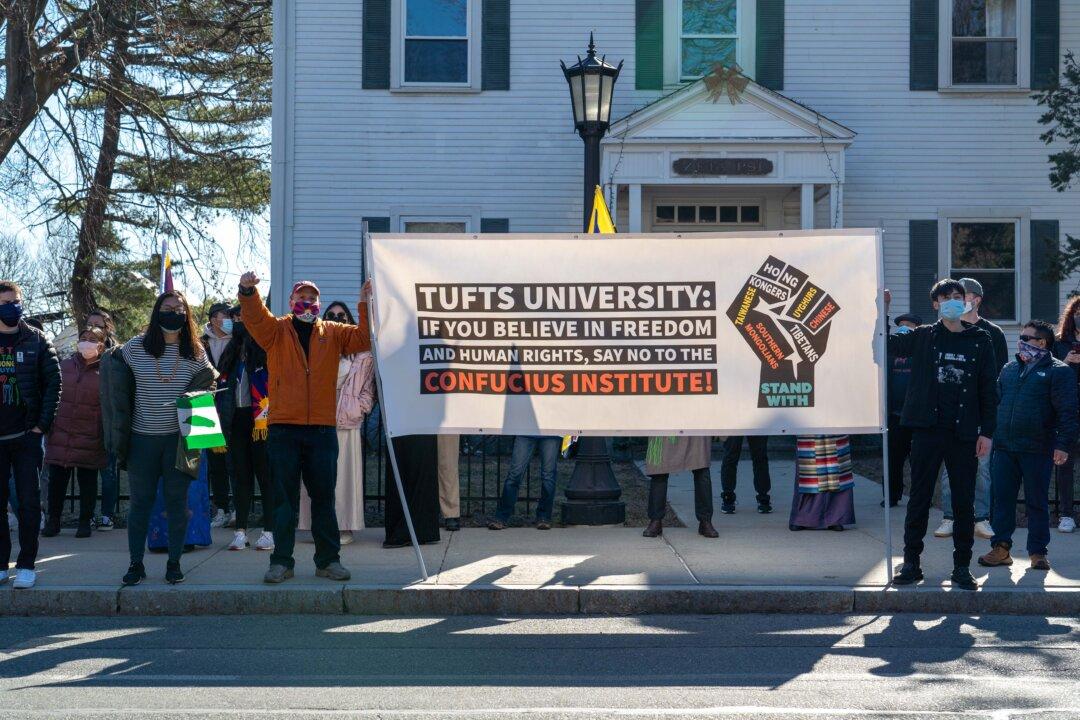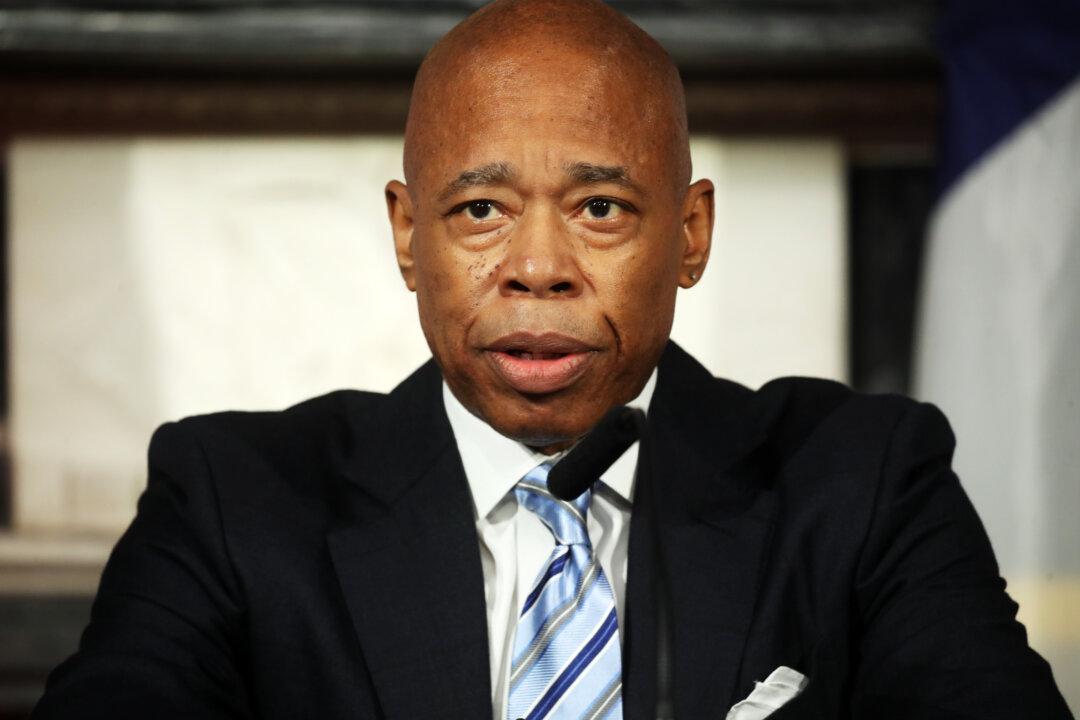An exclusive report by Campus Reform, America’s leading college news website, detailed a recent investigation into the Chinese regime’s operation in American classrooms.
Through public records requests in accordance with the Freedom of Information Act, Campus Reform obtained 32 universities’ contracts with the Confucius Institute Headquarters.




